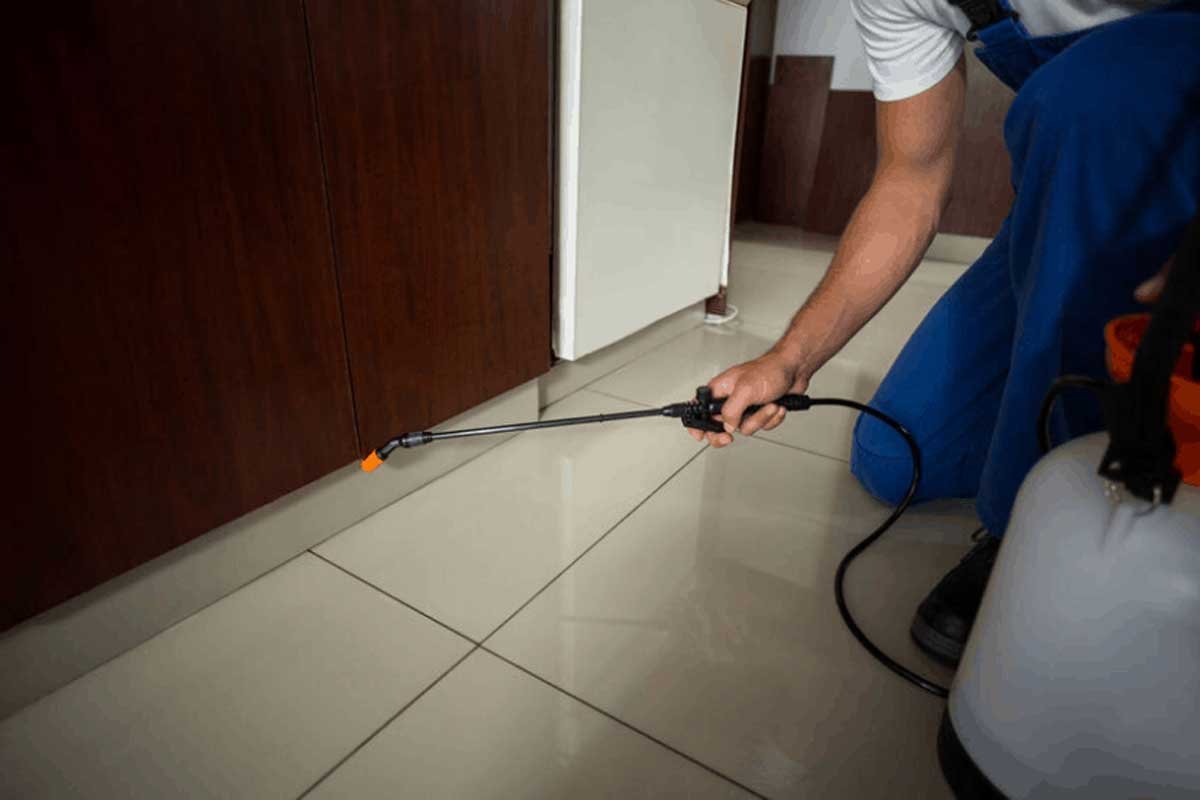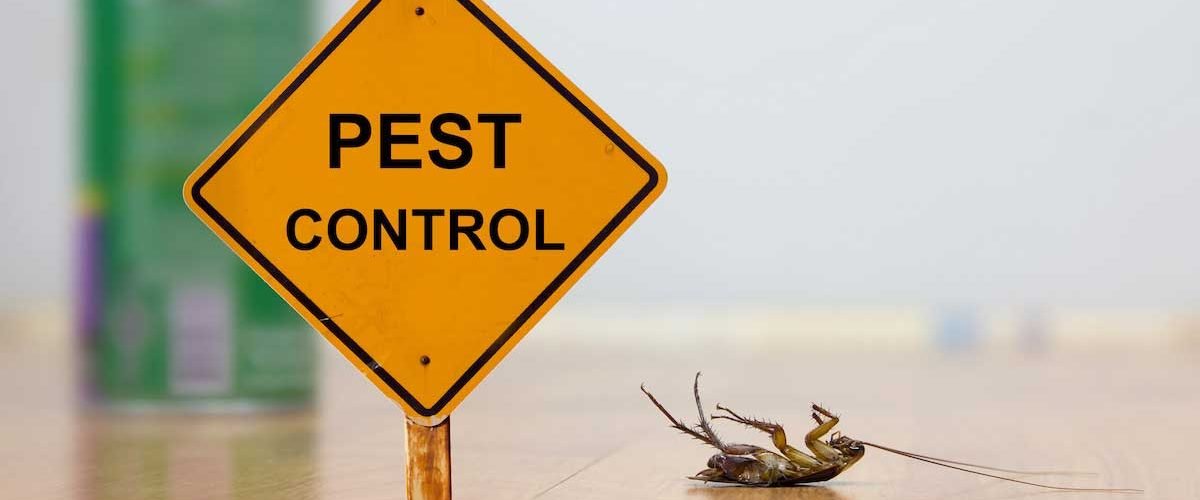Do it yourself. These three compelling and empowering words, abbreviated to DIY, are trending these days, in no small part thanks to the internet. The allure of DIY is that everything is possible, and for cheap too!
But does it also apply to pest control?
Pest control DIY seems easy enough. You don’t even need an instructional video because you have an entire aisle of pest control products waiting for you at the local hardware store. It shouldn’t be that hard to set some traps or to fire off a bug bomb if you follow the instructions on the label, right?
If you talk to the experts, they’ll tell you that it’s a bad idea. Not just because they’re worried about losing business, but because there are many pitfalls to DIY pest control. Here are some of the best reasons to avoid do-it-yourself pest control.

Table of Contents
The Effectiveness of Pest Control DIY Is Questionable At Best
Over-the-counter pest control products seem very impressive on paper. They promise one-shot-kill results and other exaggerated claims. But most of the time, these products only offer a short-term solution.
Over-the-counter solutions often take a one-size-fits-all approach. If the method and chemical agent aren’t tailored for a specific species, they might survive the initial attack. Over time, they can develop resistance and become harder to kill in the future.
Also, a DIY pest spray or bomb typically kills on contact. While you can see immediate results, you’ve only eliminated pests that were unlucky to be present on the surface. The ones that are hidden have a chance to regroup, relocate, multiply, and wreak havoc once more.
Insufficient Knowledge and Lack of Familiarity
Knowledge and experience are what separates a professional exterminator and a DIY homeowner.
A homeowner often doesn’t know how to identify the pest infestation correctly. If you don’t know your enemy, you’re already at a disadvantage. Not knowing what type of pest you’re dealing with and their unique habits and behavior, you’re hard-pressed to come up with a plan to deal with them.
Another area of expertise that DIYers lack is knowing how to locate the source. With DIY methods, you’ll win a battle or two but end up losing the war. Eradicating the nest is the most effective strategy to put a stop to this conflict.
Health and Safety Risks
Pesticides and other pest control agents contain hazardous chemicals. Without proper training and technique, aerosolized toxins can get into your eyes, nose, and mouth or cover your skin. Random spraying is a dangerous practice that you shouldn’t attempt ever.
Think about what would happen if you find yourself face-to-face with an animal, such as a raccoon or a bat? A creature from the wild will bite, scratch, and become aggressive if threatened or cornered. You can contract a serious disease if you don’t know how to defend yourself against an attack.
Can I DIY Pest Control?
Kevin Garnett famously shouted out that “everything is possible.” But, even if pest control DIY is possible, it doesn’t mean that you should do it or even attempt it. Leave pest control at home to the professionals if you’re looking for a permanent and safe way to deal with nasty critters.
For more home improvement tips, feel free to browse our site.





